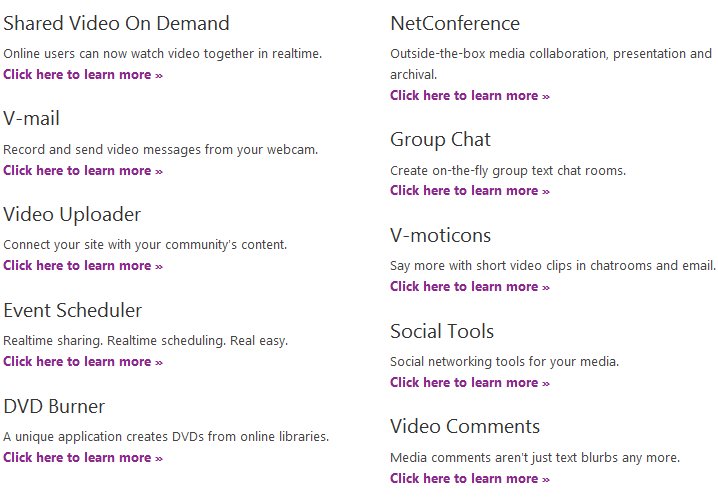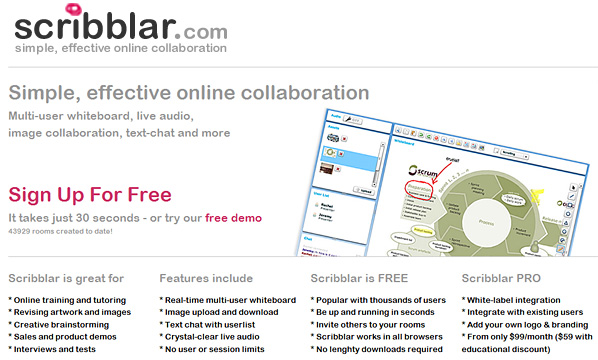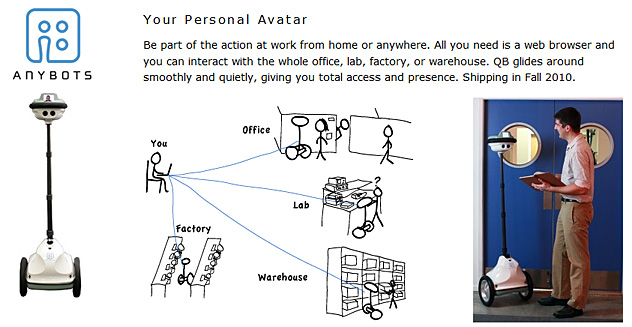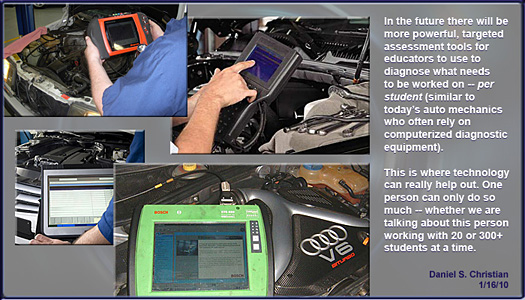Online collaboration: New innovations pave the way for convergence — from prnewswire.com
Merger of television and computer takes giant step closer as innovative online tool suite is released
CALABASAS, Calif., Aug. 16 /PRNewswire/ — Anticipating the coming paradigm shift that will merge your television and your computer, NxtGenTV has just released the most cohesive system of online tools to facilitate the ultimate interactive communication platform. Four years of innovating has resulted in NetConference.com, an elegant, easy-to-use online meeting system that supports the diverse requirements of single users, small and medium size businesses as well as enterprise and nonprofit organizations. Creating a new opportunity for the global audience to interact online in even greater and more efficient ways is only one of the many benefits of building a social media broadcasting system that facilitates Communication, Collaboration, Presentation and Education.
An industry leader in online games, apps, widgets, banners and rich media development for major entertainment brands, The Illusion Factory created a new company, NxtGenTV to develop and patent cutting-edge online technologies such as shared synchronized visual media and other key innovations that will further blur the lines between computers and television. “We have been passionate about creating the cumulative new systems that will drive Convergence,” shares Brian Weiner, CEO of The Illusion Factory, “our creation of NxtGenTV will lead the push for truly interactive television.”

.














